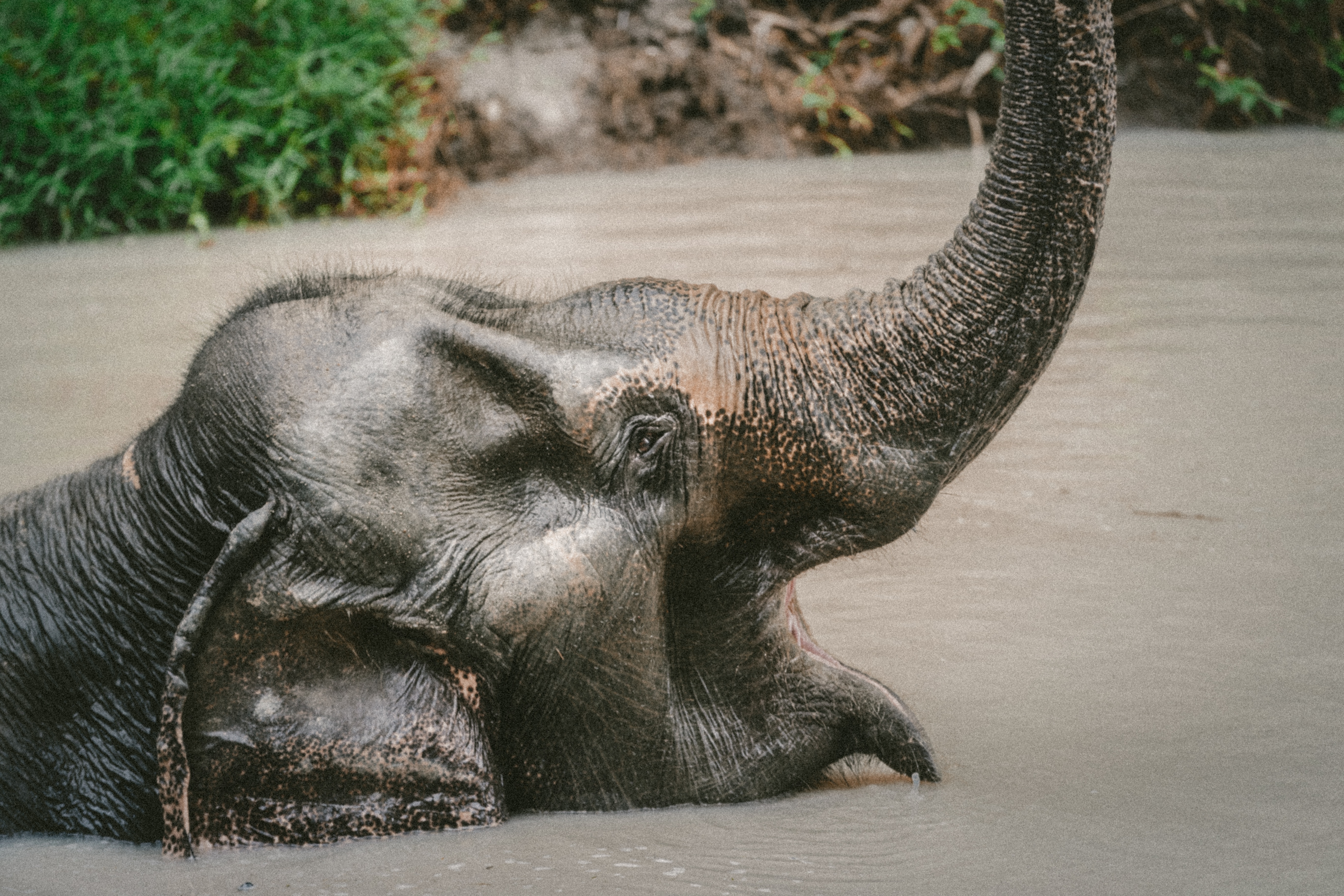In the dispute over whether a selfie can belong to a monkey, the monkey lost. The U.S. Copyright Office decided that the selfies a group of Indonesian macaques snapped belong to no one. Food for thought, but what seems to have been lost in this episode is another, larger issue — how intelligent these and other creatures are.
British photographer David Slater, whose digital camera captured these images, says on his website that his purpose was to generate a bit more attention for these “critically endangered” crested black macaques. Their population has dwindled precipitously, the result of forest clearance, persecution, and poaching for use as bushmeat.
On a trip into the jungle of Sulawesi, Slater was able to gain the confidence of one troop, and these gregarious, humanlike animals soon noticed his camera, briefly scampering off with it. His guide retrieved it, and, lesson learned, Slater secured the camera to a tripod, holding fast to one leg. He affixed a wide-angle lens and configured auto settings. A few of the troop advanced, fingering the buttons and clowning at their reflection in the lens of this “new toy,” as Slater puts it. They learned that if they pressed a button, they would hear the shutter noise they loved, and they kept on mugging into the camera. The extraordinary monkey self-portraits that resulted from this conservationist’s experiment — a mere 30 minutes from start to finish — have gone viral around the world.
The Vista System is series of science-based, unique experiences designed to will help you understand yourself and how to operate in the world in new ways. Choose the experience that suits the depth of discovery and fulfillment you are looking for. Learn more.
They highlight the myriad instances when animals show they are more than just ‘dumb things’, but cognitive, intelligent creatures with, as Webster’s defines it, “the ability to learn or understand things or to deal with new or difficult situations.”
This is a lot more than unsubstantiated woo, even though detractors would have us think otherwise. “The more we study animal intelligence, the more intelligent they appear to be,” says Allen Frances, M.D., professor emeritus of psychiatry at Duke University. “We discover surprising abilities in tool making, forethought, communication, navigation, mourning the dead, and self-awareness… It takes clever investigative tools to bridge the communication gap and appreciate that animals can even do some intellectual stuff better than us.”
Animals also lead complex emotional lives, manifesting grief and mourning. Look at the brokenhearted elephants in South Africa who mourned the death of Lawrence Anthony, the “elephant whisperer” who saved them from being put down. Anthony, who cast off a career in business in favor of conservation, took in a herd of angry elephants that had been wreaking havoc. He learned how to communicate with them, gained their confidence, and managed to reform them, saving their lives in the process.
When he died in March 2012, the herd grieved for Anthony. Somehow they sensed his passing and walked hours from remote parts of Anthony’s 5,000-acre Thula Thula Private Game Reserve in South Africa to his home at the edge of the reserve: “Tonight at Thula Thula, the whole herd arrived at the main house. We had not seen them here for a very long time. Extraordinary proof of animal sensitivity and awareness that only a few humans can perceive. Lawrence was one of them…” His son Dylan told journalists the elephants continued to come to the house every night. “Clearly we’re not the only animals who possess the cognitive and emotional capacities for suffering the loss of others,” writes Marc Bekoff, who holds a doctorate in animal emotions, in Psychology Today.
As for horses, interacting with them has been shown to calm and engage us so much that it activates delta brain waves in the conscious mind, even though delta waves are normally experienced by the unconscious mind during deep sleep — instrumental in deep healing and regeneration. We can infer then that interactions with horses can be healing. With health in such a precarious state of late, it would behoove us to acknowledge that our health at the very least stands to benefit if we connect more with other intelligent species like horses, and beyond them, with the intelligence of nature as a whole. Even plants possess a certain intelligence.
“Much of the research on plant intelligence has been inspired by the new science of networks, distributed computing, and swarm behavior, which has demonstrated some of the ways in which remarkably brainy behavior can emerge in the absence of actual brains.” Michael Pollan writes in The New Yorker.
Consider the resilience of forests. According to Suzanne Simard , a University of British Columbia forestry professor, there is a type of molecular communication that helps trees survive. “Forests are interconnected,” she says, “with the largest, oldest trees serving as hubs, much like the hub of a spoked wheel, where younger trees establish within the mycorrhizal network [of symbiotic fungus and roots] of old trees… Through the use of stable isotope tracers, [two of her students] found that increased survival was associated with below-ground transfer [according to need] of carbon, nitrogen, and water from the old trees.”
Nature has much to teach us. But human-nonhuman communication is generally unspoken. So we guess, or we extrapolate through scientific observation. Is it arrogance that allows humans to assume only we, not animals and plants, possess intelligence? Life has survived 3.7 billion years on Earth, most of that time without humans. Does this not speak to the intelligence of all living things? If it does not, what will?
Connecting with the natural world can have enormous personal benefits. Learn more in our blog about the primal connection.

